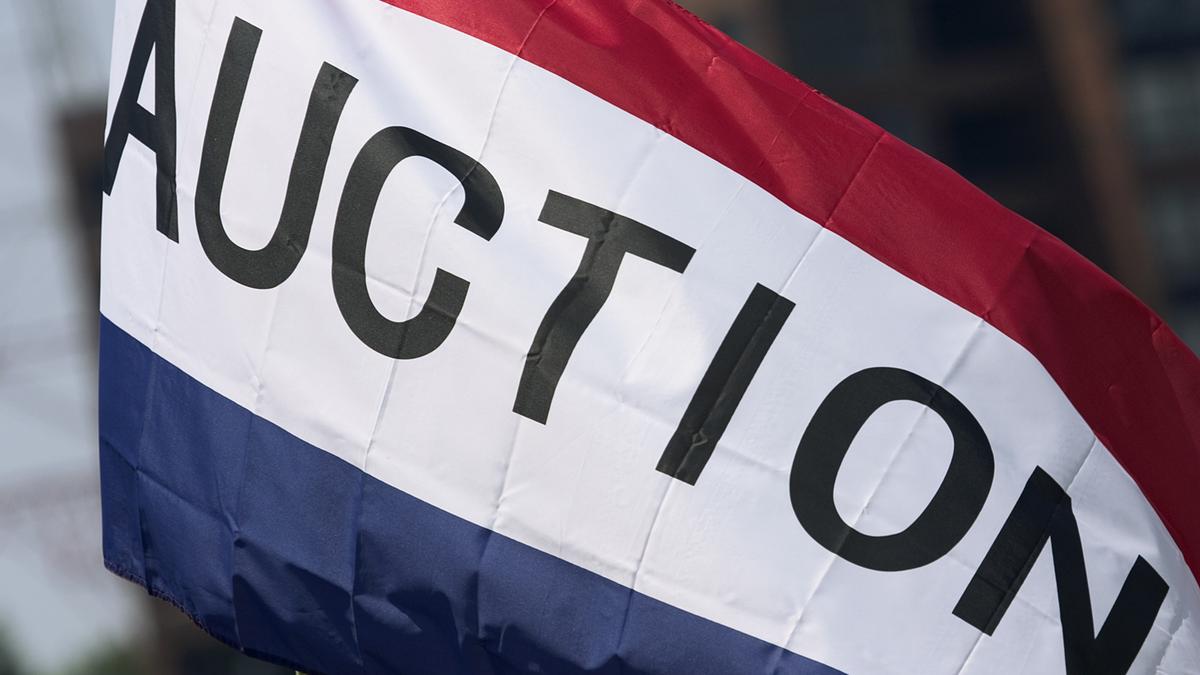The real estate sector in India got a fillip when the process of home loans became liberal and easy. This liberalisation has helped cherished dream to own a home became a reality for a common Indian. Now, as we all know that upon fulfilling certain parameters one is entitled to a home loan by Banks and Financial institutions. The applicant has though to go through a very strict scrutiny by loan giving institution but there are cases when the loanee defaults in servicing of the loan and when the banks or financial institutions take over the property for recovery of the loan then it is termed as distressed property.
Distressed properties are rare, as less than 5% of Indian borrowers default on their obligations, for periods long enough to warrant a bank auction. Property owners who have only a few cycles left to repay would prefer to restructure the loan rather than default on payment. The base price for the auction is determined by the loan amount outstanding – the further along the owner is in the loan term, the lower the base price.
Information, regarding the auction of distressed properties, can be obtained from banks’ advertisements in leading local newspapers, the schedules/annexures in banks’ annual reports, and from property consultants with expertise in the location.
When a bank places a property for auction, one needs to read the bid document carefully. This document contains all the facts covering the legal title and responsibility for pending dues. Generally, the property is sold on an ‘as is where is’ basis and till the date of the auction, dues are cleared.
Buying through a bank auction
The bank will first release an advertisement, setting a date for the auction and invite bids. It will then collate the offers and finally decide whom to sell the property to. It can be a cumbersome process if the buyer requires a home loan too. Moreover, the bank has to conduct a due diligence search on the incoming buyer, draw up contracts to transfer the property and obtain a go-ahead from the owner.
The bank will also obtain an NOC from the society before the auction. The society will highlight any liabilities that the new owner will have to bear and the same will be mentioned in the bid document. Many societies and their members have first right of refusal, or its members can match the highest bid to buy the property.
Buying directly from the owner
In this case, the owner and the new buyer would agree to the commercial terms, exchange a token deposit and then complete the bank process before signing the agreement and taking possession. The entire process can take two to three months. The property’s price will be higher than in a bank auction, as the seller will try to recover his/her initial investment.
Precautions
Buyers must aim for a win–win for the bank and the original owner, to minimize the scope for a legal challenge. They must understand the history of the property under discussion and also get any historical papers for title due diligence.
Risks
- It is difficult to know of all the distressed assets available.
- In an auction, one has no way of knowing what the highest bid will be, so there is no guarantee of securing the property.
- The original owner may sue the bank, resulting in legal delays for the buyer.
Opportunities
- Properties are priced lower than existing market rates.
- Potential to secure a property in a premium location.
- Generally, there is less need for legal due diligence, as the bank would have inspected the documents before giving a loan.
Like every deal going for a distressed property is an affair that has its own pros and cons. It is advisable to go through them before going through the deal.


